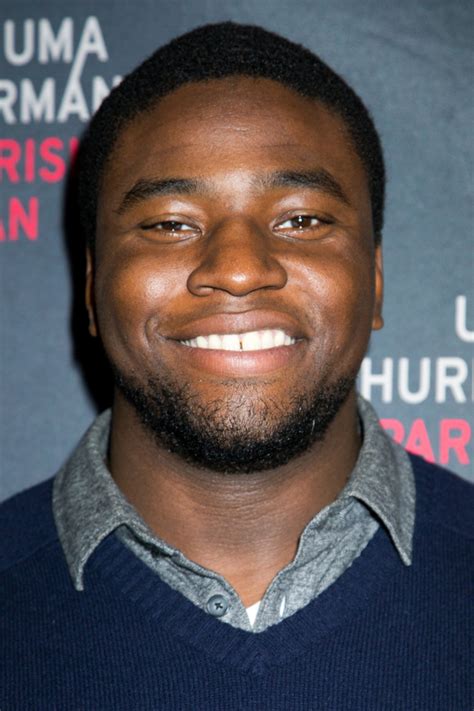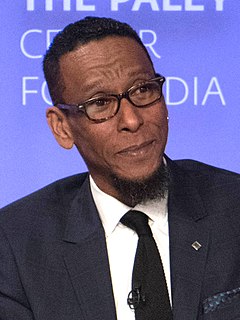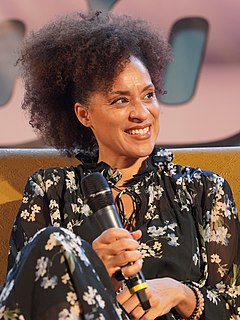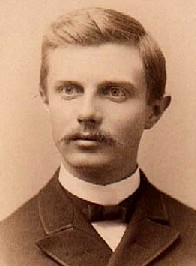A Quote by Dave Foley
When I was in school, all our history books were American, so we learned American history, not Canadian history.
Related Quotes
I have to throw in on a personal note that I didn't like history when I was in high school. I didn't study history when I was in college, none at all, and only started to do graduate study when my children were going to graduate school. What first intrigued me was this desire to understand my family and put it in the context of American history. That makes history so appealing and so central to what I am trying to do.
If, in schools, we keep teaching that history is divided into American history and Chinese history and Russian history and Australian history, we're teaching kids that they are divided into tribes. And we're failing to teach them that we also, as human beings, share problems that we need to work together with.
Black History is enjoying the life of our ancestors who paved the way for every African-American. No matter what color you are, the history of Blacks affected everyone; that's why we should cherish and respect Black history. Black history changed America and is continuing to change and shape our country. Black history is about everyone coming together to better themselves and America. Black history is being comfortable in your own skin no matter what color you are. Black history makes me proud of where I came from and where I am going in life.
I definitely love history. I'm not formally trained or educated in history, but you could say I did go back to college in 2008 to do Untold History of the United States. That took five years. Co-author Peter Kuznick has been teaching history for something like 35 years, at American University and other places. His group of researchers brought me into contact with a lot of books.


































